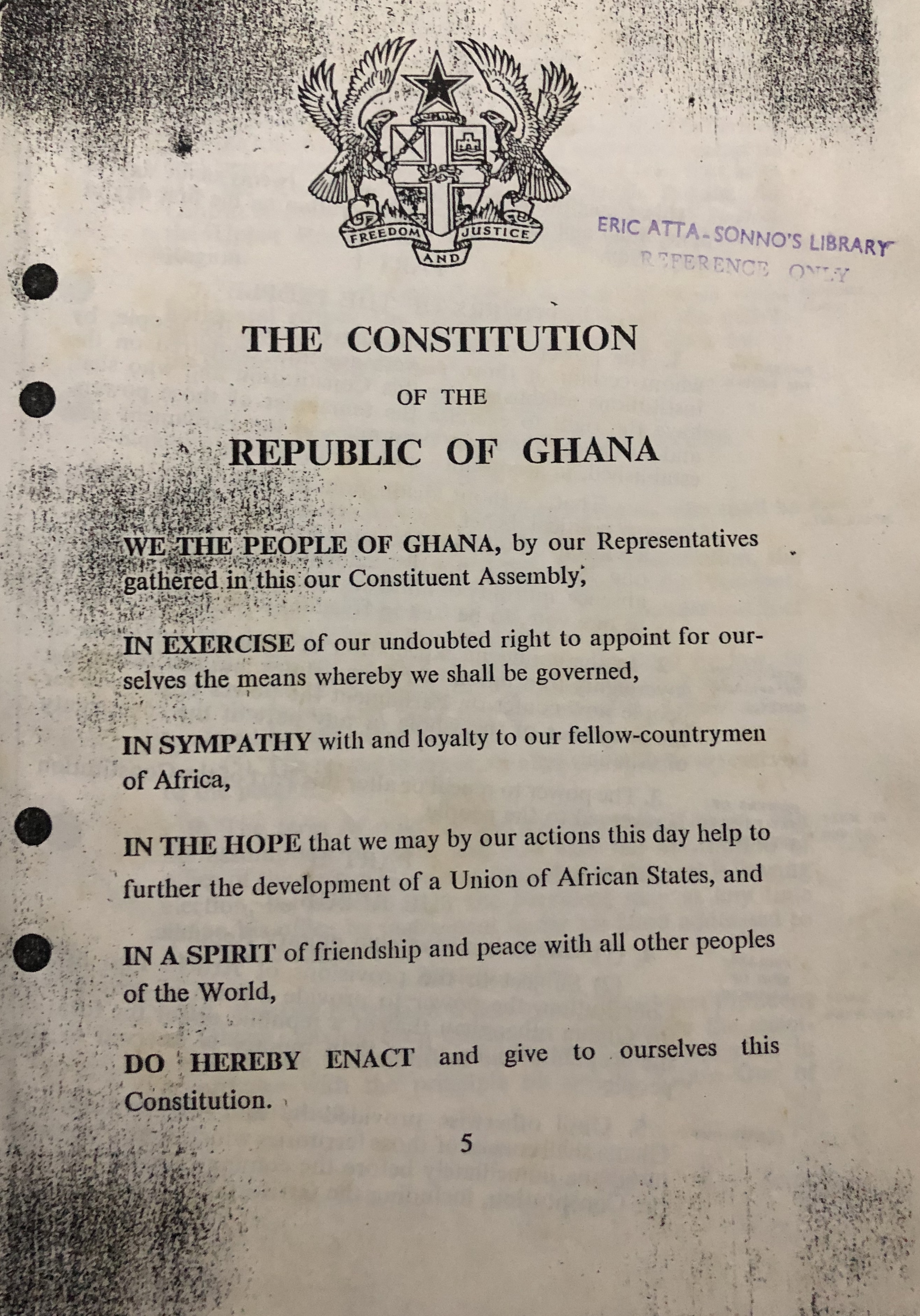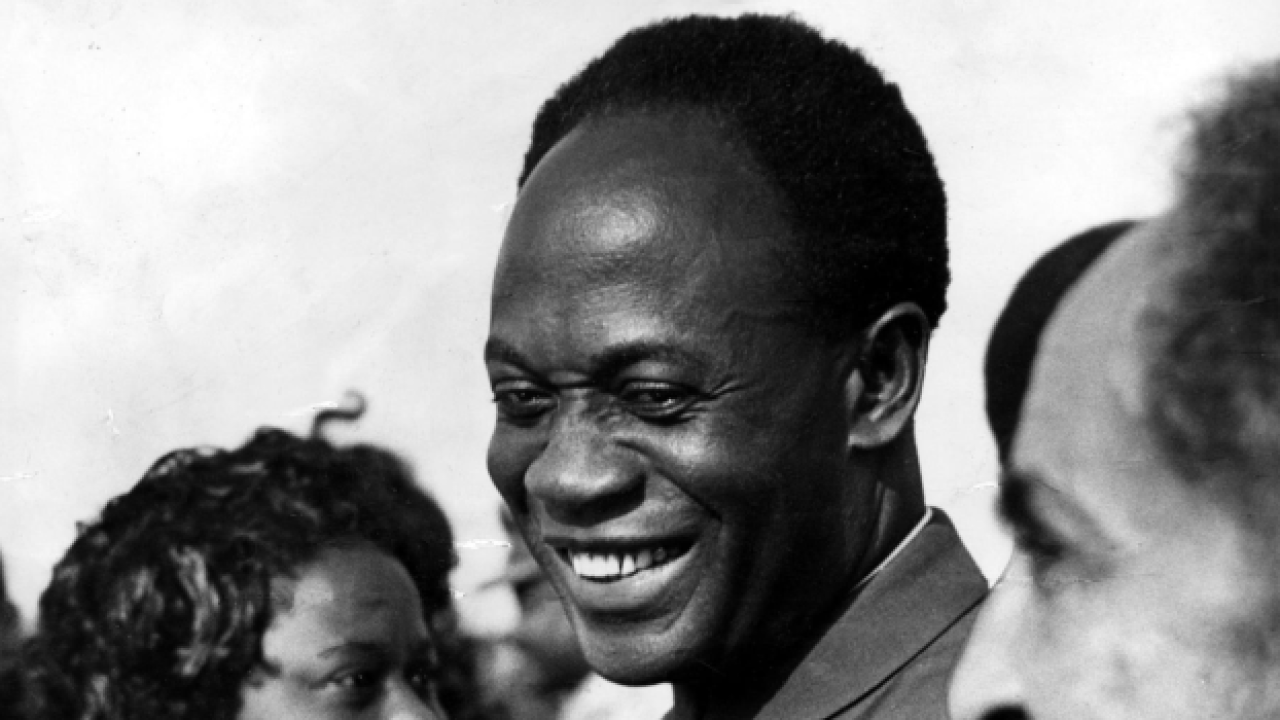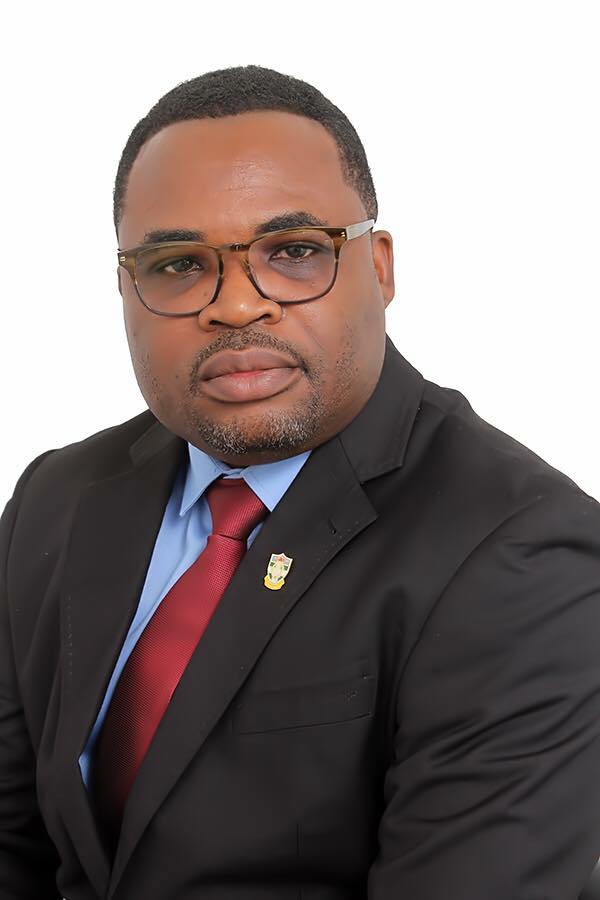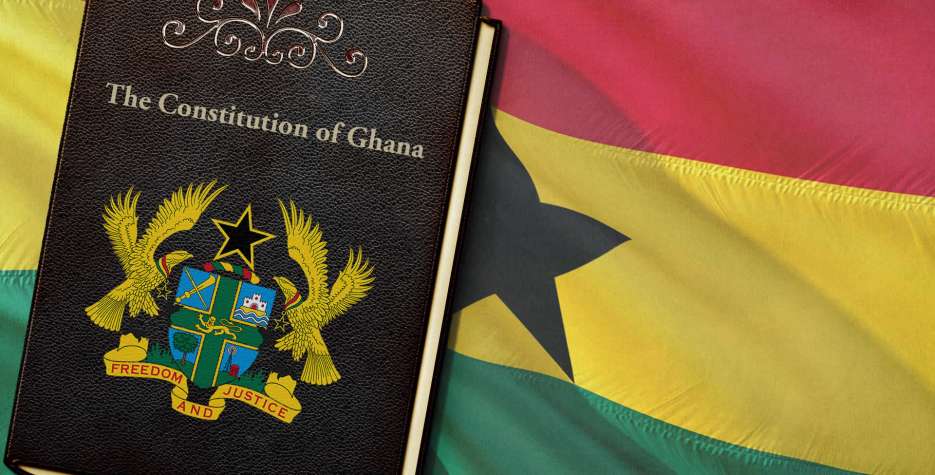In our childhood days, I used to spend time watching boys-boys in the neighbourhood play soccer. Even though I never took part in the game physically, I learnt some good lessons. I remember this boy whose father was affluent comparatively and he enjoyed the flamboyance that came with it. Kwaku had shades of bicycles (racer, BMX, mountain, etc), colours of footballs, etc. He enjoyed pulling up when most of the boys had gathered with a ball and all of them will quickly get on to the field and enjoy themselves in a game with it.
On one particular occasion, Kwaku’s side of the game struggled very much in the game and by the time, the match was halfway, Kwaku’s side was trailing 0-4. Upon resumption, Kwaku’s team had undertaken a few substitutions in a bid to avert the tide. Unfortunately, they soon got two more bringing the tally to 0-6. The situation was clearly getting desperate and Kwaku was so displeased with their predicament. From nowhere, Kwaku just rushed towards the ball, seized it and off he went. He got onto his bike and he raced back home. Clearly, the young boy had taken advantage of his ownership of the football to bring the match to an abrupt end as well as the humiliation his team was being handed.
As I pondered over the 7-minute national broadcast two days ago by His Excellency the President, I couldn’t help but avert my mind to Kwaku’s episode several years ago.
As the Akans say it, we were sitting our somewhere as leaders of the then main opposition party told us that when voted into government, they will effect changes to our national Constitution to enable Metropolitan, Municipal and District Chief Executives (MMDCEs) to be elected directly. This promise very much resonated with the general populace as they had over the years being growing in their disappointment with regards to the levels of development at the local level as well as the lack of accountability by those appointees. The promise thus found its way into the NPP Manifesto for the 2016 General Elections.

Fast forward to 2018, the NPP had won, formed the government and was rolling out its manifesto promises. From nowhere, the amendment of the Constitution to have MMDCEs elected was now been rolled with the conduct of the District Assembly elections along political partisan lines. Had Ghanaians bargained for this bonus when they made the clarion call for the direct election of MMDCEs? Somehow, this was an amendment that simply required a two-thirds majority vote in Parliament. Clearly, both NDC and NPP were fully aligned in this so it was almost a done deal. Then, we were told that the amendment of Article 243(1) had to be done alongside that of Article 55(3) which was an entrenched clause in the Constitution. Don’t forget, my dear friend, that entrenched clauses in the Constitution require direct referendum by the people to have it effected one by one. Our politicians had realised that the people badly wanted the direct election of MMDCEs and so had deliberately linked it to the partisan political election at the district level, something they also wanted. Here we were, a people being treated by our elected officials to a ‘buy-one, get-one free’ episode.
My dear friend, since we gained our political freedom in the 1950s, the phrase, ‘We the People’, appear to have become one populist phrase that has so epitomised the centrality of the citizens in the direct governance of the country and yet in reality, become a blank cheque issued during election to the winning candidates to exercise absolute power, all in the name of the people.
Just at the stroke of attaining republican status, the People of Ghana through its Representatives on 29th June 1960, gave to itself a terse 25-page 1st Republican Constitution. That Constitution represented the best case of citizens issuing a blank signed open cheque to the nation’s First President. It had a very interesting preamble, “WE THE PEOPLE OF GHANA, by our Representatives gathered in this our Constituent Assembly; IN EXERCISE of our undoubted right to appoint for ourselves the means whereby we shall be governed; IN SYMPATHY with and loyalty to our fellow countrymen of Africa; IN THE HOPE that we may by our actions this day help to further the development of a Union of Africa States; and IN A SPIRIT of friendship and peace with all other peoples of the World, DO HEREBY ENACT and give to ourselves this Constitution.” In the said Constitution, Article 1 stated as follows: “The powers of the State derive from the people, by whom certain of this powers are now conferred on the institutions established by this Constitution and who shall have the right to exercise the remainder of this powers, and to choose their representatives in the Parliament now established, in accordance with the following principle – That, without distinction of sex, race, religion or political belief, every person who, being by law a citizen of Ghana, has attained the age of twenty-one years and is not disqualified by law on grounds of absence, infirmity if mind or criminality, shall be entitled to one vote, to be cast in freedom and secrecy”.
Article 2 then continues, “In confident expectation of an early surrender of sovereignty to a union of African states and territories, the people now confer on Parliament the power to provide for the surrender of the whole or any part of the dove of Ghana.” Clause 3 then concluded Part I, “The power to repeal or alter this Part of the Constitution is reserved to the people”. The Constitution so placed the sovereignty of the country in the people to the extent that, Article 8.1 stated, “There shall be a President of a Ghana, who shall be the Head of State and responsible to the people”. All Articles virtually ended with the clause, “The power to repeal or alter this Article is reserved to the people”. Question then is, how were the people to exercise such enormous power?

The Constitution in Article 10 appointed KWAME NKRUMAH as the First President of Ghana. The President was to appoint all Ministers, Justices of the Superior Courts, Heads of Government organisations etc. The National Assembly (Parliament) was composed of the President and the elected members of the National Assembly and were to exercise the powers of the people in making laws, etc. Parliament was to be independent and yet, the President could at any time veto any law passed by the House or summon it or worse still dissolve the National Assembly. So far, my dear friend, have you noticed that our First President did not have a Vice President or a fixed term of office? That was the kind of cheque the people chose to give him. Article 55(5) sated that, “For the purposes of this Article, the First President’s initial period of office shall be taken to continue until some other person assumes as President”. Among others the Article 55 contained Special Powers for only the First President among which included in 2, “The First President May, whenever he considers it to be in the national interest to do so, give directions by legislative instrument “, powers that essentially equated the person of the First President to the entire institution of Parliament. As if that was no enough, Clause 3 then follows, “An instrument made under this Article May alter (whether expressly or by implication) any enactment other than the Constitution.” It is this clause that in all essence wipes out the legislative powers of the Constitution.
The question now is, what will make a people yield all their power to a single individual, believing that such a person will exercise it in his/her supreme interest.
Well, the Nkrumah government was overthrown so crudely in February 1966 and you’d expect that the next constitutional process that was to take place thereafter would provide better safeguards to the sanctity of the people’s power. Was it to happen? Time will certainly tell!
To be continued

My dear friend,


Trackbacks/Pingbacks